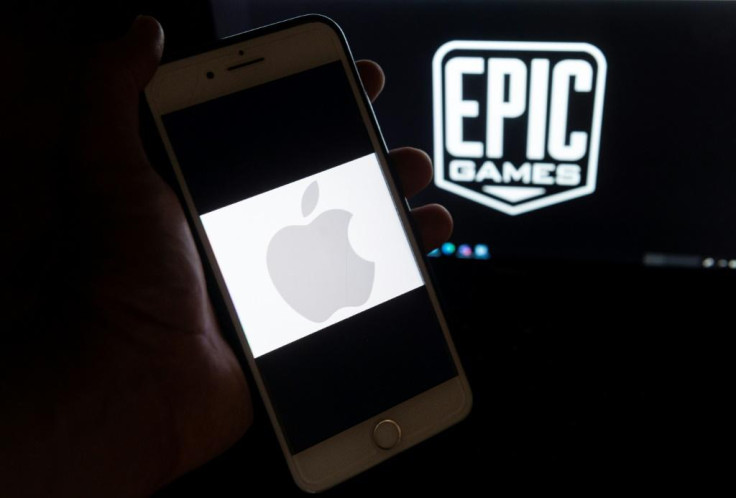Epic Games Wins Legal Battle Against Apple; Company 'Disappointed' by Court's Decision
Developers like Amazon and Spotify are already implementing external payment links

A significant legal battle has concluded with a landmark decision in favour of Epic Games that has emerged victorious in its dispute with Apple as the ruling is pivotal in the ongoing debate surrounding app store policies and digital marketplaces.
According to Reuters, a Federal Appeals Court declined Apple's request to suspend a standing court order on Wednesday. This order mandates the technology giant to permit app developers to offer alternative payment systems, thus bypassing Apple's own system and its associated commissions.
A Landmark Ruling
The judgment represents a substantial setback for Apple's highly profitable App Store operations and signifies another win for Epic Games in their ongoing legal dispute. The Ninth Circuit Court of Appeals rejected Apple's urgent appeal, stating that the company did not provide sufficient justification for pausing the changes while it continues its legal challenge.
This decision upholds an April ruling by US District Judge Yvonne Gonzalez Rogers, who found Apple in contempt of a 2021 injunction due to its intentional disregard of previous court orders. This particular order has now come into full force.
Consequently, companies such as Amazon and Spotify have already updated their applications to incorporate links for external payments. For instance, the Amazon Kindle app now features a prominent 'Get Book' button, which directs users to Amazon.com—a move that, according to a CNBC report, directly circumvents Apple's commission system.
Implications For App Users And Developers
Under the present order, Apple can no longer levy its customary 15% to 30% commission on transactions where developers direct users to external websites to make purchases.
Apple accused Epic Games of theft in the recent court filing, saying they are causing Apple to lose money since Epic is not paying them their 30% of all purchases pic.twitter.com/KfnPKJS66R
— GOLDEN (@imgoldenyt) October 18, 2020
Furthermore, the company is now forbidden from dictating how developers design their payment links or where they are positioned within their applications. Epic Games CEO Tim Sweeney enthusiastically celebrated this decision on social media, proclaiming that 'the long national nightmare of the Apple tax is ended.'
Apple’s stay is denied by the 9th Circuit Court. The long national nightmare of the Apple tax is ended.
— Tim Sweeney (@TimSweeneyEpic) June 4, 2025
May next week’s WWDC be the Apple-led celebration of freedom that developers and users have long deserved. pic.twitter.com/f0A3IAVKNC
However, what is Apple's response to this?
Apple's Stance
The company argues that it provides developers with a valuable platform and a secure user experience. In a statement shared with 9to5Mac, an Apple spokesperson said, 'We are disappointed with the decision not to stay the district court's order, and we'll continue to argue our case during the appeals process.'
'As we've said before, we strongly disagree with the district court's opinion. Our goal is to ensure the App Store remains an incredible opportunity for developers and a safe and trusted experience for our users,' the tech company's spokesperson added.
Case Origins
This legal dispute originates from Epic's lawsuit in 2020, which contested Apple's authority over app transactions and distribution. Although Apple largely prevailed in the initial proceedings, the presiding judge instructed the company to permit developers to direct customers towards alternative payment methods.
This dispute emerged because Apple attempted to sustain its revenue by imposing a 27% fee on external transactions, which the court determined violated its previous injunction.
This ruling marks a pivotal moment in the ongoing battle for control over digital marketplaces. As the legal proceedings continue, the tech industry watches closely to see how this decision will reshape the relationship between platform holders and developers, ultimately impacting how we access and pay for apps.
© Copyright IBTimes 2025. All rights reserved.






















